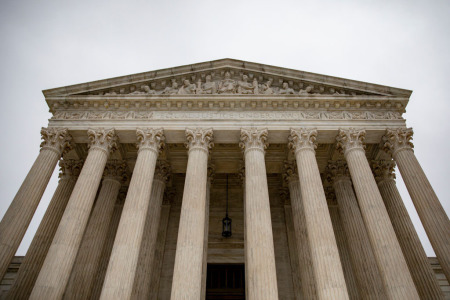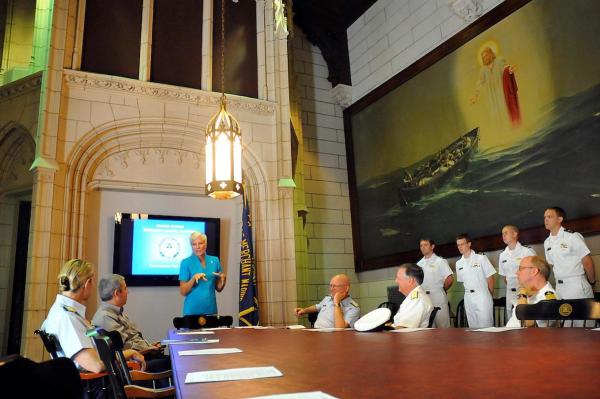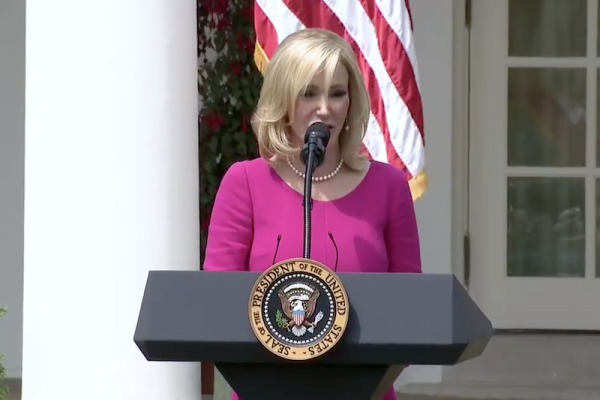Recognizing religious freedom or denying healthcare? 5 reactions to Little Sisters Supreme Court ruling

The U.S. Supreme Court on Wednesday ruled 7-2 that the Trump administration was allowed to broaden a religious exemption to the Health and Human Services’ contraceptive services coverage mandate.
Justice Clarence Thomas authored the majority opinion, being joined by Chief Justice John Roberts, and Justices Samuel Alito, Neil Gorsuch, and Brett Kavanaugh. Justice Elena Kagan filed a concurring opinion, being joined by Justice Stephen Breyer.
“The only question we face today is what the plain language of the statute authorizes. And the plain language of the statute clearly allows the Departments to create the preventive care standards as well as the religious and moral exemptions,” wrote Thomas.
"[W]e made it abundantly clear that, under RFRA (Religious Freedom Restoration Act), the Departments must accept the sincerely held complicity-based objections of religious entities. That is, they could not 'tell the plaintiffs that their beliefs are flawed' because, in the Departments’ view, 'the connection between what the objecting parties must do ... and the end that they find to be morally wrong ... is simply too attenuated.'”
Justice Ruth Bader Ginsburg authored a dissenting opinion, being joined by Justice Sonia Sotomayor, claiming the majority opinion allowed “the religious beliefs of some to overwhelm the rights and interests of others who do not share those beliefs.”
“… this Court leaves women workers to fend for themselves, to seek contraceptive coverage from sources other than their employer’s insurer, and, absent another available source of funding, to pay for contraceptive services out of their own pockets,” wrote Ginsburg.
Here are five reactions to the highly watched legal battle over religious liberty and government-mandated coverage for contraceptives and abortion-inducing drugs. They include pro-life and pro-choice activists, as well as those involved in the litigation.






















